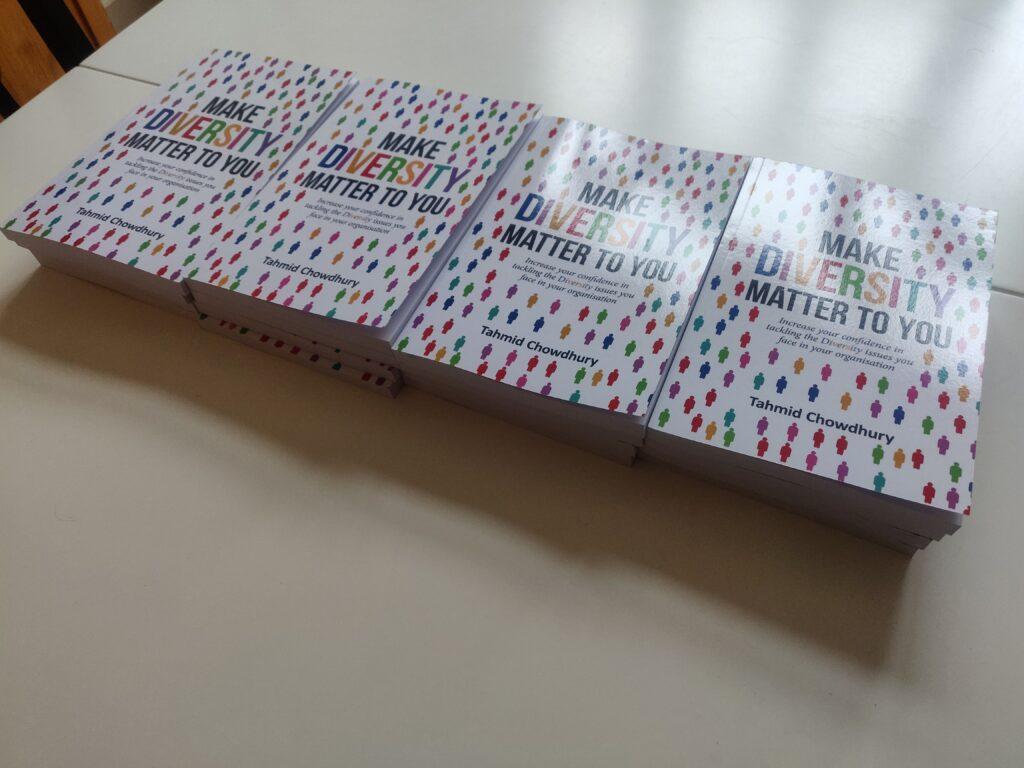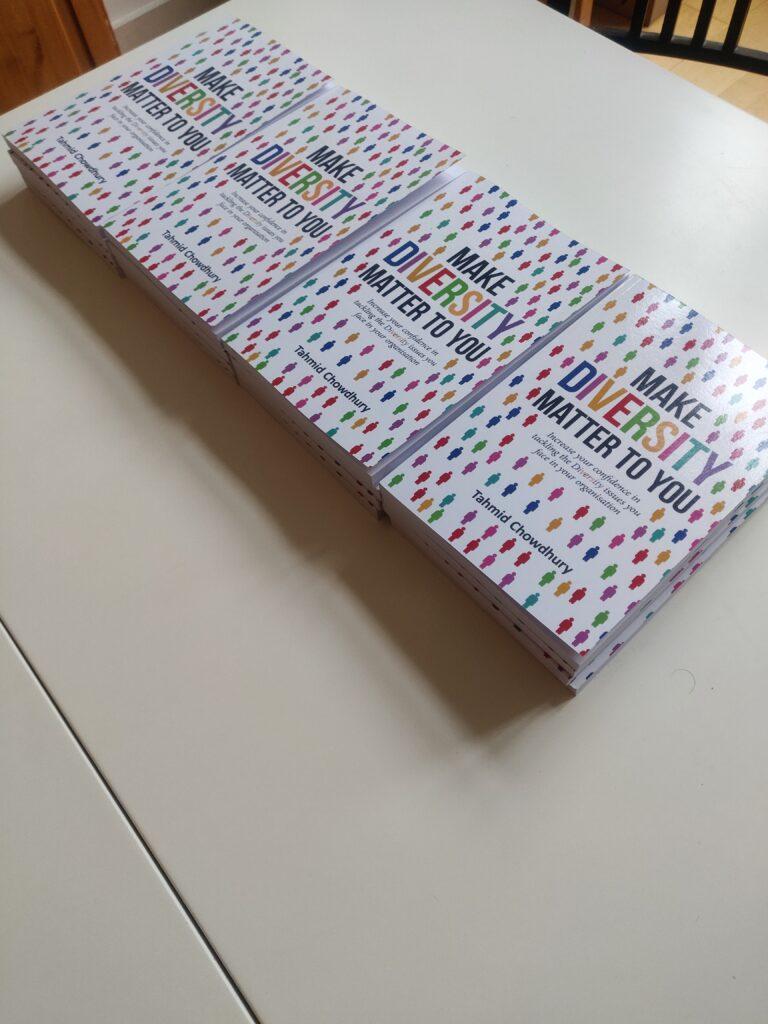
This week I’ve experienced a haze of uncertainty in my own sense of self. This has had knock-on effects in how assured I’ve been in how I operate.
A beautiful thing about self-development is that it questions what we think we know. This allows us to shift from old, outdated beliefs that no longer serve us, and sometimes gives us the challenge we need. It’s a healthy way to keep on evolving.
But the last few weeks I’ve been pushing myself *a lot*. I had a beautiful, but emotionally intense visit to my hometown of Bath. This included walking past my childhood home and through my old school. It was a lot of mental processing and emotional healing that I’ve still not quite fully completed.
I’ve also been working on my Being, and looking in particular at the disparity between how I am showing up in the world, versus the powerful, intelligent human I want to be. The gap in Being was pointed out to me by my coach, which was quite a sobering moment. It was a moment for me to reflect on the areas in which I had space to grow. In particular, I wasn’t aware until now that my aversion to sounding arrogant has been holding me back.
I do a lot of open, vulnerable commentary about where I’ve found things difficult and how I’ve learnt from them. But I rarely talk about my own greatness and how I can really help people through my writing and coaching. This is a case of me underselling myself. And besides, who would want a coach that didn’t really believe in themselves?
I’ve also been reexamining my own sense of self and my connection to my body and sensuality. I realise that in my quest for knowledge and use of my brain, I often times disconnect from my body. Whilst yoga has helped in the last few months, I’ve also been keen to find ways in which I can build a greater connection with the simple pleasures of warmth and touch.
The next few weeks have a number of things lined up – I am going to India for 10 days on a solo trip, culminating in attending The Ultimate Experience in India, which will bring together people from around the world on Being. It’ll be an extremely powerful and lifechanging event. It will also be intense. I then have a weekend coaching intensive in early March, which is another deeper way to examine myself.
This whole story is to say that I am doing a lot. And I have felt quite overwhelmed by it. I’ve really noticed it when I’ve had a reticence to read books or watch videos that I usually would jump to do.
So in response, I’ve looked to cut down my actual commitments of ‘when’ I will do things. I’ve realised I can give myself a lot more breathing space around my writing and coaching. India will also be a fabulous experience just to enjoy a completely different world – every time I travel I find it extremely energising. So it’s important that I take the time to actually enjoy it.
One of my issues recently has been getting good quality sleep. Sometimes trying to incrementally shift things can be slow and tedious. For example, All conventional wisdom therefore would say that staying to a house party last night till 4am would be a terrible idea.
And yet today I woke up feeling fresher than I have done in a long time. The connection with people, along with the reminder that I actually have a lot more of my life together really helped me relax. Today I’ve felt a lot more at peace than I have in a long time.
I know I’m not the only one who sometimes goes too hard in the things we usually enjoy doing. Sometimes that’s how the schedule lines up and can’t be helped, though often its us committing to a lot without realising. When we are in search of growth, it’s part of the game to push ourselves to greater limits. But the key is also to find a healthy edge so that it does not become too much at once.
The great thing about overcommitment is that we can choose to slow down and reassess. Very few things are genuinely urgent. So when we choose to prioritise and focus, we actually learn far more about ourselves than we would do by ploughing through without stopping to reflect.
So if you’re feeling overcommitted, remember that you can renegotiate your commitments. People would prefer to know that you need more time rather than seeing you burn out, or deliver substandard work.
You have far more agency in your life than you may think.
Where in your life might you be overdoing it?









